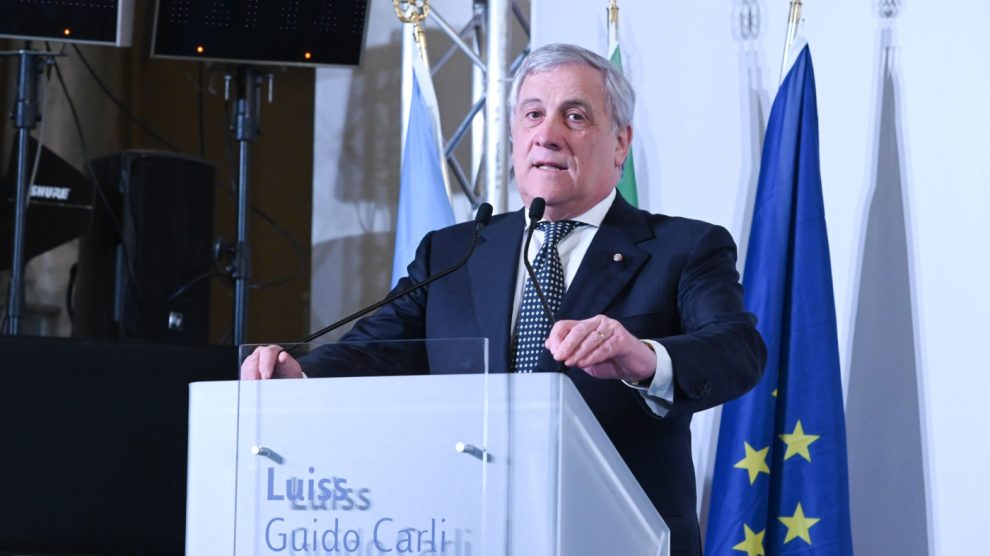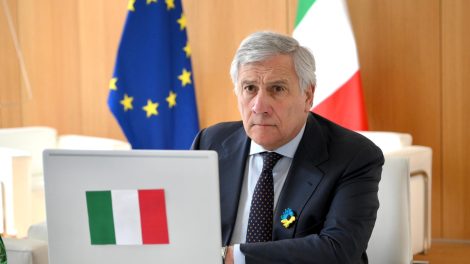Taiwan: Italy supports the status quo. “There must be no temptation to do what Russia has done in Ukraine elsewhere,” said the Italian Foreign Minister Antonio Tajani in reference to China’s aims over Taiwan. He was speaking at the LUISS University’s Diplomatic Forum 2023 – Paving the Future of Transatlantic Relations, where he noted that Rome upholds the maintenance of the status quo in alignment with the EU and NATO partners.
- When he met US Deputy Secretary of State Wendy Sherman in early December, the Italian FM had discussed Taiwan.
- Back in June, the former had remarked that Italy “has eyes very wide open about the [People’s Republic of China], about their coercive actions around the world.”
Level the playing field. FM Tajani also highlighted the government’s “duty to defend entrepreneurs from [economic] dumping and to defend the industrial system with the application of European rules.” We want there to be the same rules, he added; “if an Italian company goes to China and participates in a public tender, it must have the same rights as the Chinese company has when it participates in a public tender in Europe.”
- Rome has been strengthening its national security laws to shield Italian companies from unduly foreign exposure.
Incoming: Wang Yi. The former Chinese FM, who’s currently the Chinese Communist Party’s top diplomat, recently announced he would travel to Italy. He probably plans to discuss the reinforcement of bilateral ties and plead not to sever the Belt and Road Initiative agreement that still ties Rome and Beijing.
- Over the past years, however, Italy’s sentiment towards China has been cooling. And Prime Minister Giorgia Meloni’s government has signalled it just might continue down that path.
Maria Tripodi’s take. As the Undersecretary for Foreign Affairs told our sister website, China “is an issue on the global political agenda,” as it’s progressively tightening its grip on Taiwan with exercises in neighbouring air and sea space.
- Beijing is also “increasing [its] investments in the Pacific area, penetrating into European ports and the Horn of Africa.” All of this, she noted, “cannot but generate concern in neighbouring countries.”





